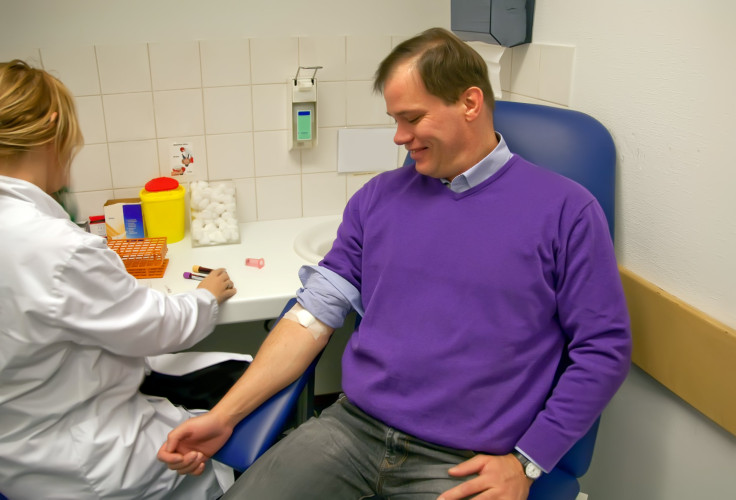Should Baby Boomers Follow Hepatitis C Screening Guidelines From The CDC?

Hepatitis C is a contagious liver disease. Since introduction of new highly effective medications to treat and in some cases cure this sometimes deadly infection, the Centers for Disease Control and Prevention (CDC) and other health organizations have recommended generational screening for the hepatitis C virus. A new analysis concludes such “screening may be premature.” Further, the authors state, “physicians should not be pressured to enforce birth cohort screening strategies out of enthusiasm for new treatments that have not yet been shown to cause long term clinical improvement.”
Derived from the Greek language, “hepatitis” means inflammation of the liver. It may be caused by toxins, certain drugs, some diseases, heavy alcohol use, and bacterial and viral infections. In particular, hep C results from an infection with HCV or the hepatitis C virus, which is spread primarily through contact with the blood of an infected person. The resulting illness may range in severity from a mild illness lasting a few weeks to a serious, lifelong illness that eventually attacks the liver, ending with cirrhosis (scarring of the liver), liver cancer, and possibly death.
New Drugs
In 2012, after the Food and Drug Administration first approved a new generation of hepatitis drugs with unprecedented cure rates, the CDC began to recommend screening for everyone born between 1945 and 1965 since the health organization estimates that three quarters of all people infected are in that age group. (The U.S. Preventative Services Task Force and the World Health Organization also endorse widespread screening.) The desire and push for generational screening increased at the end of 2013 when FDA approved Sovaldi, hailed by many as ‘life-altering.’ Used over 12 weeks in combination with other therapies, Sovaldi showed a higher cure rate than the previous breakthrough regimens — over 90 percent compared to 65-75 percent rates. These treatments, it is important to note, are exorbitant; $100,000 in most cases when the necessary additional medications are factored into the plan.
In an analysis published in the British Medical Journal, Dr. Ronald Koretz, emeritus professor at UCLA School of Medicine, and his co-authors argue that most hepatitis C patients "will not develop end stage liver disease and will therefore be unnecessarily treated." Noting that “at least 2.7 million people are infected with hepatitis C virus in the U.S., and around 16,000 people each year die or have liver transplantations because of the disease,” the authors nevertheless argue the association between hep C and increased risk of death is blurred by the impact of comorbid conditions. Further, the numbers for treatment outcomes, generally, are unclear and in some cases unsubstantiated.
“Drug trials rely on surrogate markers such as sustained virological response, which is not a cure,” argue the authors. They also caution that “long term harms associated with antiviral regimens” remain unknown. For these reasons, the authors ultimately suggest it would be unwise to continue recommending generational screening and instead it might be best to collect more evidence and continue to examine the data. Look before you leap.
Source: Koretz RL, Lin KL, Ioannidis JPA, Lenzer J. Is widespread screening for hepatitis C justified? BMJ. 2015.



























